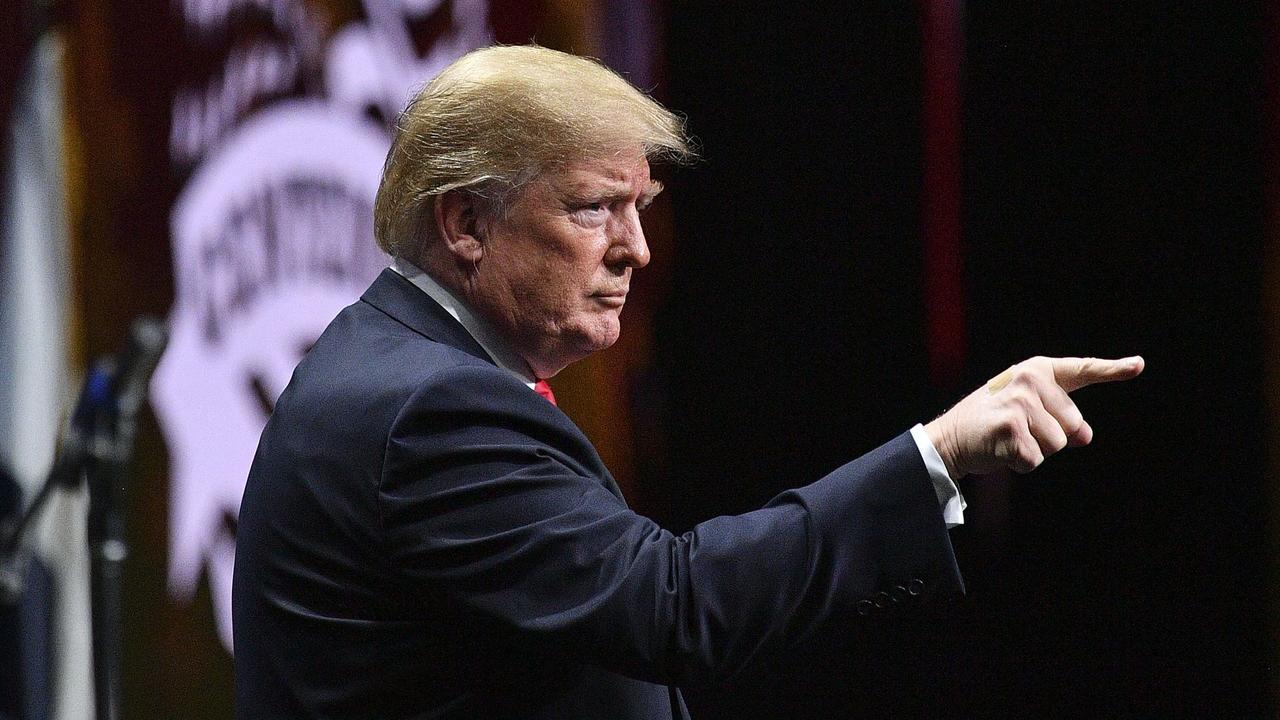Trump Admin Looking To Significantly Expand Travel Ban: Report
The Trump administration is considering a dramatic expansion of its highly-controversial travel ban to add several countries to the list, according to the Associated Press, citing ‘six people familiar with the deliberations’ and a ‘document outlining the plans’ which has been circulating within the White House.
According to two of AP‘s sources, seven new countries are under consideration. Of note, the most recent iteration of the travel ban includes Iran, Libya, Somalia, Syria, Yemen, Venezuela and North Korea.
A different person said the expansion could include several countries that were covered in the first iteration of Trump’s ban, but later removed amid rounds of contentious litigation. Iraq, Sudan and Chad, for instance, had originally been affected by the order, which the Supreme Court upheld in a 5-4 vote after the administration released a watered-down version intended to withstand legal scrutiny.
…
The countries on the proposed expansion list include allies that fall short on certain security measures. The additional restrictions were proposed by Department of Homeland Security officials following a review of security protocols and “identity management” for about 200 countries, according to the person. –AP
While Trump’s critics have framed this as a ‘Muslim ban’ due to the fact that affected countries are Muslim majority, many have noted that the travel ban in its original form would have affected fewer than 15% of Muslims worldwide.
“I have trouble understanding why we’re supposed to infer religious animus when in fact the vast majority of Muslims would not be affected,” noted appeals court Judge Richard Clifton in 2017, who also pointed out that the seven countries included in the original travel ban came from a list created by the Obama administration.
While the White House wouldn’t confirm the plan, spokesman Hogan Gidley praised the travel ban for making America safer.
“The Travel Ban has been very successful in protecting our Country and raising the security baseline around the world,” he said in a statement. “While there are no new announcements at this time, common-sense and national security both dictate that if a country wants to fully participate in U.S. immigration programs, they should also comply with all security and counter-terrorism measures — because we do not want to import terrorism or any other national security threat into the United States.”
According to AP, some of their sources said they expect the announcement to coincide with the third anniversary of Trump’s initial January, 2017 travel ban – which former adviser Steve Bannon is largely credited with conceiving. The order resulted in widespread protests across the country, while activist judges struck down the Executive Order shortly thereafter.
The current ban suspends immigrant and non-immigrant visas to applicants from the affected countries, but it allows exceptions, including for students and those who have established “significant contacts” in the U.S.. And it represents a significant softening from Trump’s initial order, which had suspended travel from Iraq, Iran, Libya, Somalia, Sudan and Yemen for 90 days, blocked refugee admissions for 120 days and suspended travel from Syria.
That order was immediately blocked by the courts, prompting a months-long effort by the administration to develop clear standards and federal review processes to try to withstand legal muster. Under the current system, restrictions are targeted at countries the Department of Homeland Security says fail to share sufficient information with the U.S. or haven’t taken necessary security precautions, such as issuing electronic passports with biometric information and sharing information about travelers’ terror-related and criminal histories. –AP
Under the current travel ban, Cabinet secretaries are required to update the presidennt whether countries are adhering to new immigration security benchmarks – with those who fail to comply risking new restrictions, while countries who become compliant can have their restrictions lifted.
Tyler Durden
Sat, 01/11/2020 – 15:00
via ZeroHedge News https://ift.tt/2uI58C9 Tyler Durden
